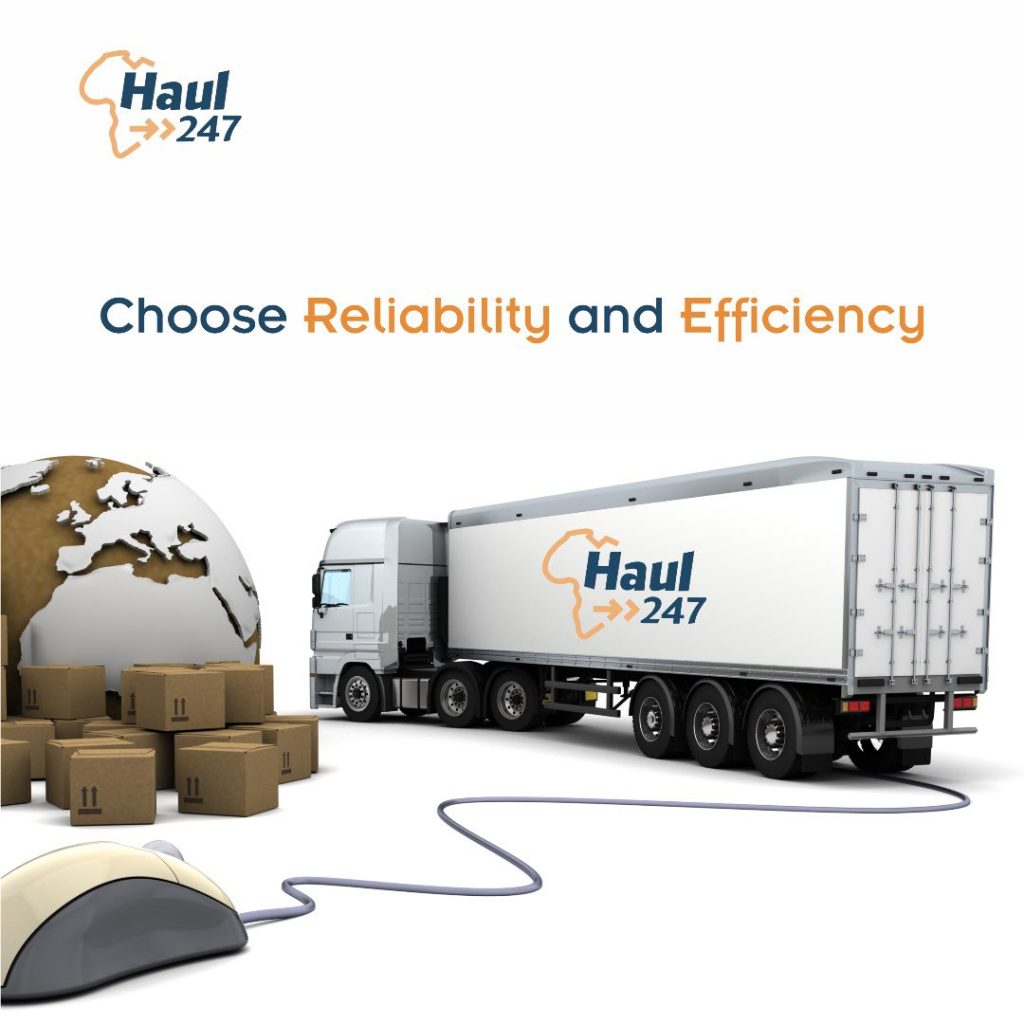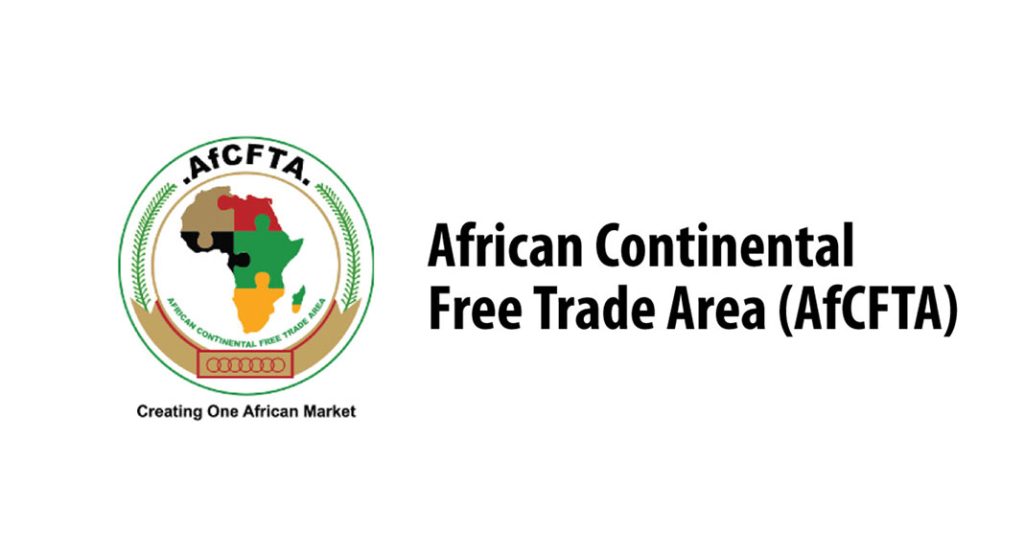Tech Labari recently interviewed Tobi Obasa, co-founder and CTO/CBO of Haul247, to explore the evolving landscape of logistics in Africa.
Obasa shared insights into how Haul247 leverages technology to address logistical challenges and outlined the company’s ambitious plans for growth.
Haul247’s Mission: Streamlining African Logistics
Haul247 is a technology-driven logistics platform that connects businesses with trucks and warehouses to optimize supply chain operations. Operating primarily in Nigeria, the company serves medium to large enterprises, including industry giants like Unilever, Reckitt Benckiser, and Flour Mills.
“We’re [a] platform that matches trucks and warehouses for businesses, right? To distribute their goods, either from the ports or from their manufacturing bases through their distribution centers,” Obasa explained.
Since its founding five years ago, Haul247 has scaled significantly. “We have over 30 enterprise clients… and over a thousand trucks that are on our platform that we match and warehouses that we provide for our clients also,” Obasa noted.
The company focuses on first- and middle-mile logistics, handling shipments of 15 tons and above, avoiding last-mile delivery to cater to larger corporate needs.
Tackling Pain Points with Technology
A key challenge in African logistics is the fragmentation caused by numerous small fleet owners. Haul247 addresses this by aggregating these operators into a unified network.
“The big FMCGs don’t like to work with single, small fleet owners… For us, we aggregate all these small fleet owners, right? And then we use them to serve our customers,” Obasa said. This approach provides efficiency and scalability for large clients who prefer a streamlined service.
Technology is central to Haul247’s operations. The company employs route optimization and real-time tracking to enhance visibility.
“We provide tracking, so they can track… not just the vehicles, but also the products,” Obasa emphasized.
Digitizing processes like proof of delivery and waybills further reduces human errors, such as incorrect documentation. “How can we digitize proof of delivery, how can we digitize waybill… those kinds of things that we put in place,” he added.
Infrastructure challenges, such as poor roads and bad weather, are significant hurdles. Obasa explained how Haul247 mitigates these:
“During the rainy season, those times take longer to get to the final destination… So typically we factor that into it.” Additionally, goods-in-transit insurance ensures client confidence, covering potential losses due to unforeseen issues.

Data-Driven Decision Making
Haul247 leverages data analytics to optimize operations and provide strategic insights. “We effectively use a lot of data analysis to guide our own execution,” Obasa stated. For example, the company analyzes client demand patterns, such as increased beverage distribution during warmer months.
“We can know that… this particular client, their peak and their troughs… So if their product is, say for example, drinks, right? We know drinks, summer drinks, increases,” he explained. This data-driven approach enables Haul247 to advise clients on optimizing their supply chains.
To ensure operational efficiency, Haul247 deploys logistics analysts at client facilities. “We have a logistics analyst… to facilitate getting the trucks into the premises, loading, [ensuring] the waybill is accurate, making sure tracking is in place,” Obasa said.
Overcoming Industry Stigma
The logistics tech sector in Africa has faced skepticism due to past failures. Obasa acknowledged this challenge: “Some of the challenges have been… the kind of stigma associated with logistics tech in Africa.” Haul247 counters this through robust governance. “We have strong governance… We have a constituted board… Our board chair was the former director of Meta for West Africa,” he shared.
External auditors monitor operations, helping identify risks that internal teams might overlook. “Sometimes when you’re running your own show, you might not be able to see things that… other people from outside will be able to tell you,” Obasa noted.
This focus on governance, combined with a strong financial department, supports sustainable growth by managing cash flow and reducing risks. “We want to correct that notion. We want to build a sustainable business,” Obasa emphasized.
Regional and Global Expansion
While Nigeria is Haul247’s primary market, the company is eyeing regional and international growth. “We’ve been having strong interest from the Middle East, the Dubai government… We were one of the Plug and Play Trade Tech accelerator programs early in the year,” Obasa revealed.

As one of only two African companies selected among 12 global logistics startups, Haul247 is gaining international recognition.
The company plans to expand into West African countries like Ghana and Côte d’Ivoire. “There is no reason why goods cannot move from Nigeria to Ghana to Togo, Benin… across that corridor,” Obasa said. Global vendor agreements with clients like Unilever enable seamless cross-border operations. “If Unilever is, we’re working with Unilever in Nigeria, we can work with them in any other country in Africa,” he added.
“We’re also looking at campaigning a lot of green initiatives… facilitating asset financing for acquisition of more trucks…”
Capitalizing on the AfCFTA
The African Continental Free Trade Area (AfCFTA) offers significant opportunities for Haul247. Obasa sees potential in facilitating cross-border logistics: “The beautiful thing about Haul247 is that… we have seen the vision of what the company will be doing across Africa.”
By leveraging existing agreements, Haul247 can support clients’ logistics needs across the continent, aligning with the AfCFTA’s goal of enhancing intra-African trade.

Future Plans: Innovation and Sustainability
By the end of 2025, Haul247 aims to launch a major asset financing initiative with financial partners to increase truck availability. “We’re working with a lot of financial partners… to provide access to fleets that are more dedicated to our clients,” Obasa said. This initiative will enhance service reliability and strengthen the company’s business model.
Over the next three to five years, Haul247 plans to expand its services to include port operations and clearing and forwarding. “We already do have the license to… work in any port in Nigeria now… So we’ll be doubling down on that,” Obasa noted.
The company also aims to introduce green initiatives, such as CNG trucks, to promote sustainability. “We’re also looking at campaigning a lot of green initiatives… facilitating asset financing for acquisition of more trucks,” he added.
Haul247 is also integrating AI-driven tools to enhance accessibility. “We are introducing AI… around tools like WhatsApp… Our clients are able to use the bots [to] query, find where their goods are,” Obasa explained. These innovations aim to make logistics more user-friendly and efficient.
Looking Forward
Haul247 is transforming African logistics by addressing market fragmentation, leveraging technology, and prioritizing governance. “We want to be a one-stop shop… providing a place to store [goods], and that whole value chain across your supply chain,” Obasa said.
With plans for regional expansion, green initiatives, and AI-driven innovations, Haul247 is poised to play a pivotal role in shaping the future of logistics in Africa.










